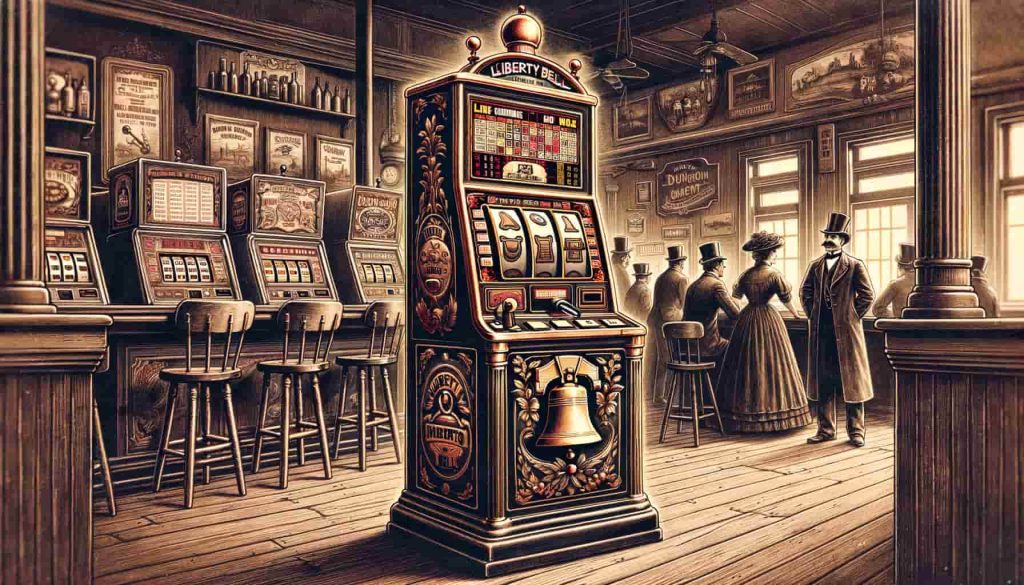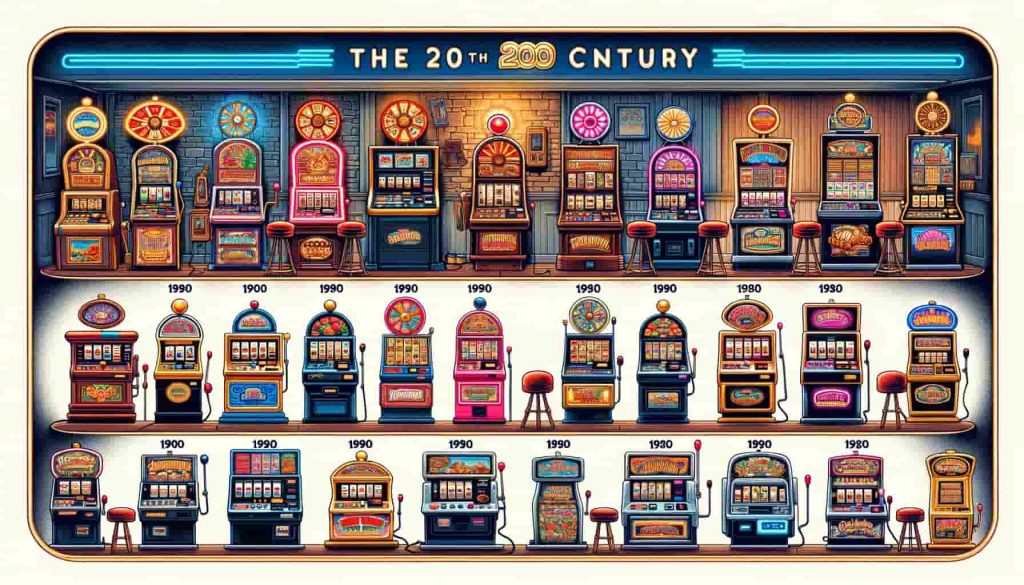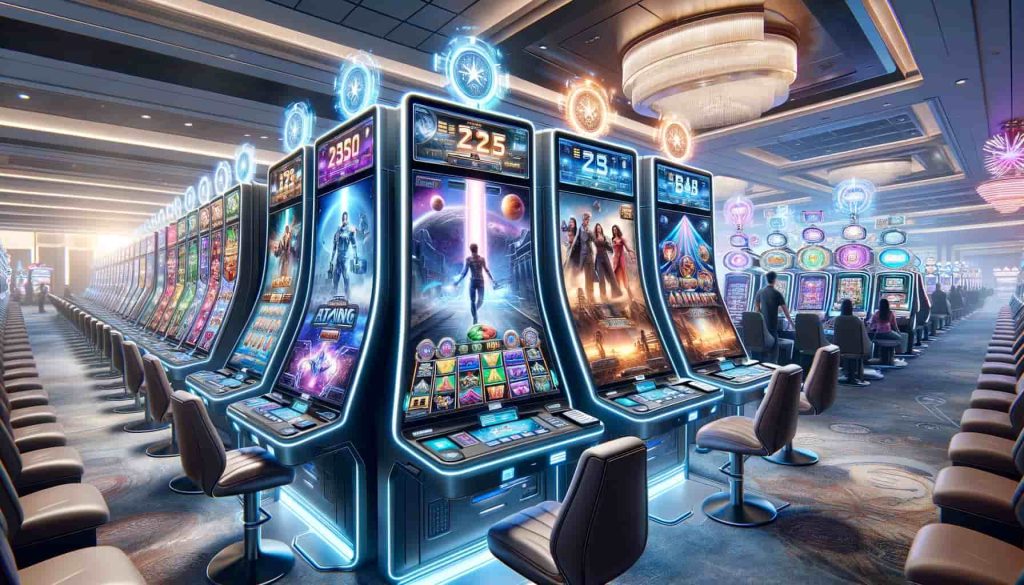- Crypto Casinos
- Bitcoin Games
- Reviews
- Learn
- Essentials
- Are Bitcoin Casinos Legal?
- Crypto Wallets for Gambling
- VPN for Bitcoin Casinos
- What is RTP?
- Gambler’s Fallacy
- Deposit with Credit Card On Bitcoin Casino
- Bankroll Management
- How To Play Bingo
- What Casino Game Has the Best Odds
- Best Casino Game To Win Money
- How VIP Programs Work
- RNG in Casinos
- Slot Machine Odds
- How Free Spins Work
- Poker Cheat Sheet
- Guides
- How to Play Texas Holdem Poker
- How to Play Three Card Poker
- How to Play Pai Gow Poker
- How To Play Omaha Poker
- How to Play Caribbean Stud Poker
- How to Play Seven Card Stud
- How to Play Mississippi Stud Poker
- Poker Odds Guide
- Card Counting in Blackjack
- What is a Blackjack Split
- What is a Push in Blackjack
- Roulette Wheel Explained
- How to Play Craps
- Craps Odds Explained
- Craps Come Bet
- How to Play Baccarat
- Moneyline Betting Explained
- Arbitrage Betting Explained
- How Sportsbetting Betting Odds Work
- Video Poker Odds
- Limit vs No Limit Poker
First Slot Machines: Unveiling the History of Gaming’s Iconic Invention
The origins of the slot machine can be traced back to the late 19th century. Invented by Charles Fey in San Francisco in 1895, the Liberty Bell is widely considered the first true slot machine.
This innovation spurred the growth of mechanical gaming devices, which quickly became popular in bars and saloons across the United States.
These early machines featured three spinning reels with a small selection of symbols, such as diamonds, spades, hearts, and a cracked Liberty Bell.
A player would pull a lever to spin the reels and if the symbols lined up across the central payline, a prize was awarded. The simplicity of the game made it accessible and enjoyable, laying the groundwork for the modern-day gaming industry.
Slot machines have evolved significantly since their creation, incorporating new technologies and expanding in variety.
From the modest nickel-operated machines with modest payouts, today’s slots offer diverse themes, interactive features, and substantial jackpots, maintaining their status as a cornerstone in the world of gambling entertainment.
Historical Development
The inception of slot machines marked a revolutionary change in gambling, providing a foundation for the prolific gaming industry of today.
Invention and Origins
In the late 19th century, the first slot machine was developed in Brooklyn, New York, by Sittman and Pitt in 1891.
This machine contained five drums holding a total of 50 card faces and was based on poker. Players would insert a nickel, pull a lever, and hope for a good poker hand, with prizes such as drinks or cigars given out by the establishment hosting the machine.
Early Models and Mechanisms
Charles Fey, often referred to as the father of the modern slot machine, created the first automatic payout machine in 1895, named the Liberty Bell. The Liberty Bell featured the familiar setup of three spinning reels, with each reel adorned by five symbols: horseshoes, diamonds, spades, hearts, and a Liberty Bell.
A player would win the grand prize by lining up three Liberty Bells, which subsequently coined the term “jackpot.”
Technological Evolution
From purely mechanical devices, slot machines transitioned into electromechanical creations in the 1960s, such as the Money Honey, which could automatically make payouts of up to 500 coins.
During the final decades of the 20th century, video slot machines were introduced, significantly altering the industry. These machines were operated by pushing buttons instead of pulling levers and employed microprocessors to determine the outcome of the game.
The entertaining evolution of the slot machine continued with the integration of touchscreen technology and the rise of online Bitcoin casino platforms.
Charles Fey and the Liberty Bell
Charles Fey, credited with inventing the first slot machine, revolutionized gambling with his Liberty Bell machine. It became a popular gaming device in the United States due to its simplicity and the technological innovation it represented.
Charles Fey’s Contributions
In 1895, Charles Fey created the first automatic payout mechanism and simplified the complexity of reading a win in previous gambling machines.
His design featured three spinning reels containing a total of five symbols: horseshoes, diamonds, spades, hearts, and a Liberty Bell, which influenced the machine’s name. This significant simplification made it easier for players to understand and enjoy the game, leading to widespread popularity.
The Liberty Bell’s Significance
The Liberty Bell is historically significant for being the prototype from which all modern slot machines are derived. Its automatic payout mechanism allowed for more reliable and efficient operations. Wins were determined by the alignment of symbols after each spin, with the highest prize awarded for three Liberty Bells in a row.
Symbolism and Popularity
- Horseshoes and Liberty Bells: Represented good luck and freedom, respectively, and were hence iconic symbols in American culture.
- Card Suits (hearts, diamonds, spades): Linked the machine to traditional gambling and card games.
Fey’s machine gained immense popularity because it was entertaining, simple to use, and allowed for automatic payouts without the need for an attendant. The familiar symbols and the mechanical novelty of the Liberty Bell made it an instant success, leading to a lasting legacy in the gaming industry.
Slot Machines in the 20th Century
Slot machines experienced significant changes in the 20th century, marked by regulatory shifts, technological advancements, and the transition to electronic systems.
Regulation and Prohibition
Early 20th Century: Slot machines grew in popularity, prompting governments to introduce regulations. By the 1910s, many U.S. states had outlawed them. During the Prohibition era (1920-1933), the production and use of slot machines were severely curtailed, yet these machines persisted in illegal gambling establishments.
Late 20th Century: Regulations loosened over time, notably in Nevada after legalization in 1931, leading to a resurgence of slot machine gaming.
Bally’s Technological Strides
Money Honey: In 1963, Bally developed ‘Money Honey,’ the first electromechanical slot machine. This pivotal innovation could make automatic payouts of up to 500 coins without attendant assistance.
Technological Features:
- Electrically operated hopper
- Bottomless coin tray
- Enhanced audio for player feedback
Rise of Electronic Slot Machines
Transition to Electronics: Throughout the 1970s and 1980s, slot machines increasingly incorporated electronics, leading to the development of the modern electronic slot machine.
Microprocessor Integration: Manufacturers integrated microprocessors in the 1980s, enabling more complex games, better graphics, and higher security.
- Games: Introduction of multiple games in a single machine.
- Graphics: Improvement in visual appeal to attract players.
- Security: Use of microprocessors made slot machines harder to cheat.
Modern Slot Machines
Modern slot machines have evolved significantly from their mechanical predecessors. They are now governed by sophisticated software, offer interactive gameplay, and are accessible from anywhere via online platforms.
Digital Revolution
The transition from mechanical to digital slot machines represents a significant shift in casino gaming technology. Modern slots are powered by random number generators (RNGs), ensuring fair play and unpredictable outcomes.
Traditional reels have been replaced by high-resolution video screens, displaying vivid graphics and animations that enhance the gaming experience. Digitalization has allowed for greater variety and complexity in games, with themes ranging from popular movies to historical events.
Online Slot Gaming
Online casinos have taken slot gaming to a new dimension. Players can enjoy a vast array of slot games from the comfort of their own homes, or on the go through mobile devices. Online slot games offer convenient features such as:
- Autoplay: Automated betting and spinning, allowing quicker gameplay.
- Free Play: Opportunity to try games without wagering real money.
- Bonuses: In-game bonuses such as free spins, multipliers, or bonus rounds that enhance the chance of winning.
Advancements in Interactivity
Modern crypto slot machines have become more interactive, engaging players beyond simple spins. Features enhancing interactivity include:
- Multi-Level Bonus Rounds: Players can unlock various levels of bonuses that offer greater rewards.
- Touchscreen Displays: Players interact with the game directly, selecting options or dragging items on the screen.
- Touch-sensitive screens also accommodate gestural controls, adding a layer of physical interaction.
Slot manufacturers integrate surround sound systems and ergonomic chairs that vibrate in sync with game events to create an immersive experience. Additionally, community play and competitive elements, such as slot tournaments, add a social dimension to slot gaming.
Slot Machine Culture
Slot machine culture revolves around their widespread appeal and integration into various forms of media, influencing society and hinting at future trends within the gaming industry.
Popularity and Social Impact
Slot machines have become a staple in both physical and online casinos due to their easy-to-understand mechanics and the excitement they offer. This popularity has led to their presence in numerous social settings, contributing to a distinct gambling culture.
They are often associated with the thrill of chance and the possibility of instant wealth, which attracts a diverse crowd of participants.
- Demographics: Attracting both seasoned gamblers and newcomers.
- Economic Influence: Casinos with slot machines contribute significantly to the economy through taxation and job creation.
Slot Machines in Popular Media
Slot machines frequently appear in movies, television shows, and literature, often symbolizing luck, risk, and the glamor of casino life. This depiction reinforces their cultural significance and shapes public perception.
- Movies: Iconic films like “Ocean’s Eleven” and “Casino” showcase slot machines.
- Television: They are featured in episodes of series like “The Simpsons” for their entertainment value.
- Music: Bands like Motorhead have songs like “Ace of Spades,” which reference gambling culture.
Future Trends and Predictions
The slot machine industry is ever-evolving, with technological advancements shaping its future.
- Virtual Reality (VR): Predicted to offer immersive slot experiences.
- Skill-Based Slots: A rise in machines that incorporate video game elements.
The growth of online and social media platforms suggests an expanding digital presence for slot machines, with potential changes in legislation influencing how they are played and enjoyed worldwide.
Conclusion
The journey of slot machines from Charles Fey’s Liberty Bell to today’s digital and online platforms is a tale of technological evolution and cultural impact.
These gaming icons have transitioned from mechanical simplicity to sophisticated software-driven devices, reflecting not just advancements in technology but also changes in societal attitudes toward gambling.
Slot machines’ widespread appeal, mirrored in various forms of media, signifies their enduring presence in both physical and online casinos. As they continue to evolve, incorporating elements like virtual reality and skill-based gaming, slot machines remain a dynamic and integral part of the gaming industry’s future.
Jack is a junior content writer for Bitcoin Casinos since March 2023. He has previously published local sports stories for the Shildon Town Crier, where he is based and studied Journalism. Jack's main hobby is football, being a massive fan of Newcastle United.
Recent Posts
-
Cryptocurrency Miners Stockpile Near-Record Amount Of Bitcoin Ahead Of Friday’s Supply Cut
-
Snoop Dogg And Roobet Join Forces To Create ‘Snoop’s High Rollers’ Slot Game
-
Adin Ross ‘Announces’ Surprise Retirement From Streaming At Age 23
-
Ethereum Revealed As The Leading Crypto For Blockchain Hacks In 2024
-
Softswiss Acquires Huge Stake In Europe’s Popular Social Casino SpinArena
9.910/10/239.827/03/249.602/04/25










